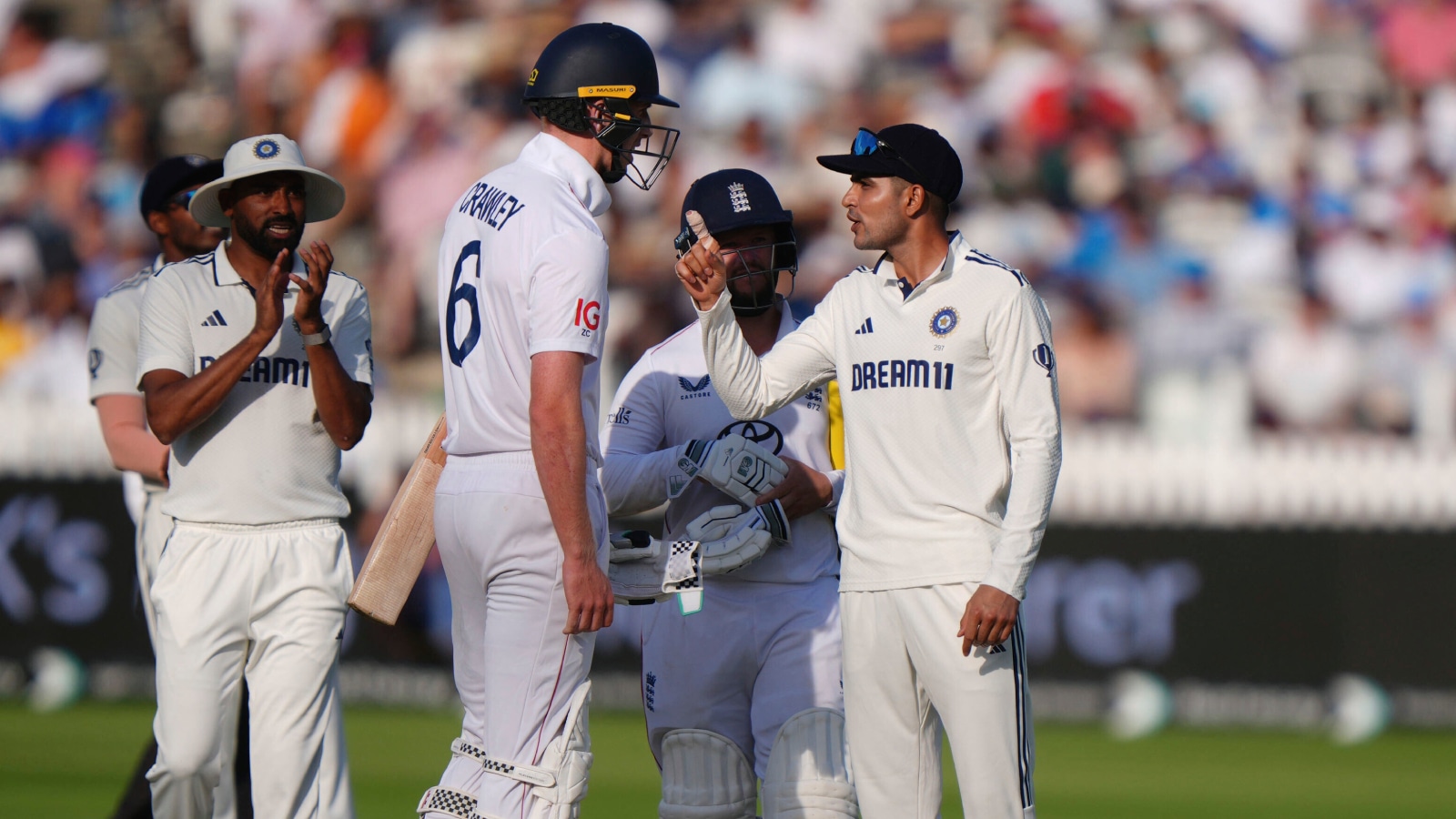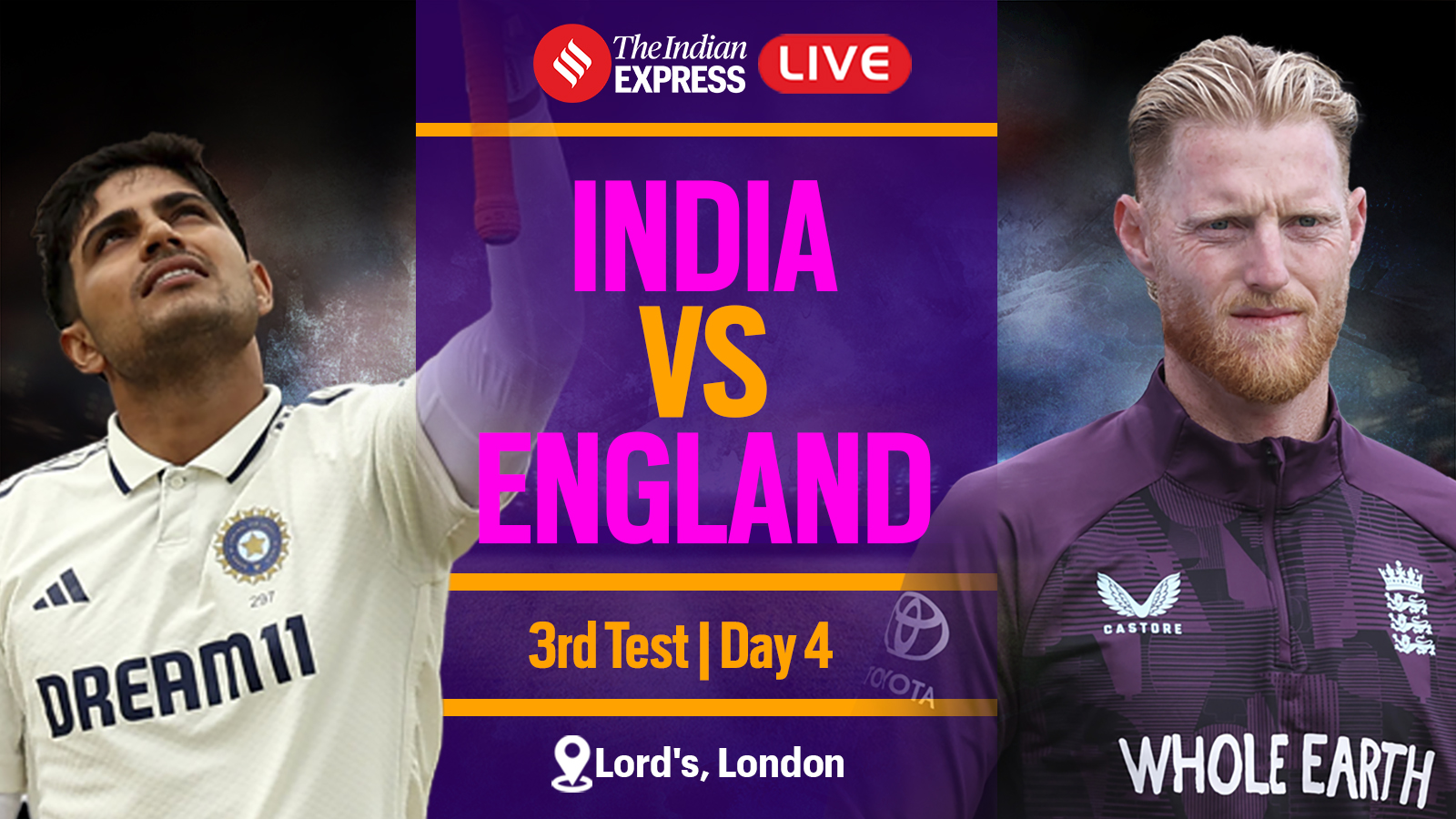ARTICLE AD BOX
‘Giving back to sport’ is a noble thought, and sometimes the overwhelming instinct of an athlete, as injuries and natural wear and tear snap at their heels and active careers wind down.
India benefitted from its All England champions turning to coaching as an entire phalanx of shuttlers revived the relevance of badminton in the country by producing world beaters since 2009.
But does the nation give back to these coaches or acknowledge their hard work when they go about building the sporting system brick by brick? Or are many former athletes left to rue their decision to share their court-experience in building future careers and get into coaching, instead of turning their back on badminton and pursuing a profession that actually pays the bills and brings some comfort after years of the athlete’s struggle? It’s a grim picture in India, and getting even dimmer for a badminton coach.
The two big academies in India at Hyderabad and Bangalore might well keep churning out players, by force of will and sheer foresight in scouting and elite training. But everyone who is not Pullela Gopichand or Prakash Padukone, is grappling with the same question, even while they stick it out and keep dreams of producing next champions alive as coaches: Is it worth ‘giving back’?
The problems piling up, start with long-term financial security, and extend to handling pressure from parents for quick results and at times ingratitude of society, let alone lack of appreciation of the efforts put in.
It’s not just at smaller private academies, started by former players that enthusiasm dies at some point after dreaming big. Even coaches at national camps need to thoroughly weigh the pros and cons of plunging into full-time coaching.
Recent policy proposals for central assistance to National Sports Federations seek to offer a reasonably good pay package to those devoted full-time to coaching, but there’s a catch. The caveats – hidden in the gnarled wording of the proposals – are that these contract appointments might be short-term, for a year or so, and might demand a sacrifice – giving up on their PSU jobs, that guarantee athletes a financial safety net in the long term when they decide to commit to sport. The practical implication – don’t bother to get into coaching.
Story continues below this ad
Olympic sports that do not have a hugely lucrative circuit, those like badminton, follow a certain pattern – when juniors start showing potential, they are handed employment opportunities and when they succeed, they get flaunted as the pride of the nation, like jewels of the organisation. All “sports quota jobs” come with an inbuilt promise — that when the active playing career stops and they cease to be grinning faces feted for international medals, bringing glory to the nation instead of following conventional money-accumulating careers in their prime of 20s, they will still be taken care of, by a grateful nation.
For a country that doesn’t really win a mammoth number of medals in sport, acknowledging the rare ones who do, should not have been too difficult.
But the new coaching proposals — demand this particular pound of flesh, they expect national coaches to choose between long-term financial security or following their ambitions of raising new champions with basics in the background, like family responsibilities, taken care of. If the safety net of a job disappears, and building champions takes a minimum of 6-7 years to show results (Saina took 6, Sindhu, Srikanth, Satwik-Chirag took 7, Lakshya took 8), why would anyone get conned into accepting just a year-long contract?
Private academies charging coaching fees tend to be resented generally. One of India’s best coaches was once asked why he needs to be paid at all, if badminton was his passion. Coaches from some of the more professional sports like cricket or tennis, or even foreign coaches in badminton, will laugh at this strange demand expected of former athletes: that they deserve no remuneration for their efforts, if their wish is to ‘give back.’
Story continues below this ad
Even more hysterical has been the belief that most of India’s champions over the last decade sprouted out suddenly and hit the big time, solely because they were talented. Elite sport at the highest level is exceedingly tough, and very few have cracked the code, without a coach in their corner.
Coach dependencies can slowly be weaned away when you reach Top 10 and are perched there for a while like Viktor Axelsen or Chou Tien Chen have managed, but no one in India is at that level right now. Erasing contributions of grassroot coaches, or intermediate and elite ones entirely, and expecting them to devote their lives to mentoring without being paid, is simply delusional. Even independent shuttlers, not aligned to academies, like Malvika Bansod and Sankar Muthusamy Subramaniam need coaches to navigate their careers. Don’t get fooled by the sight of players coaching each other and fending for themselves at the Canada and US Open as something that could work at bigger tournaments.
There’s other hazards that follow coaches – pushy parents with unrealistic expectations and timelines. And on the other end of the spectrum those parents that demand success but don’t buy into the discipline and hard yards required of their wards, clucking at the rigorous regimens.
Parental oversight is always recommended, but interference in issues of technique and tactics has destroyed many careers. Coaches might not always get the credit for success, but the blame for failures inescapably lands at their door. All this combined with limited financial incentives to coach at the National camp, have meant that a robust system cannot take root even if badminton has proven it can succeed.
Story continues below this ad
Up ahead are tough decisions. Giving up on PSU job security while hoping the new generation gets cracking soon, and that somehow keeps the ball rolling. This ‘giving back’ for India’s badminton coaching fraternity has a ‘giving in’, written in fine print.



.png)
.png)
.png)


























 English (US) ·
English (US) ·